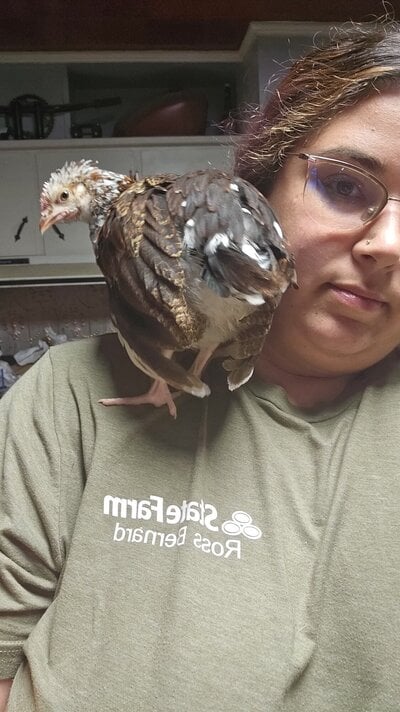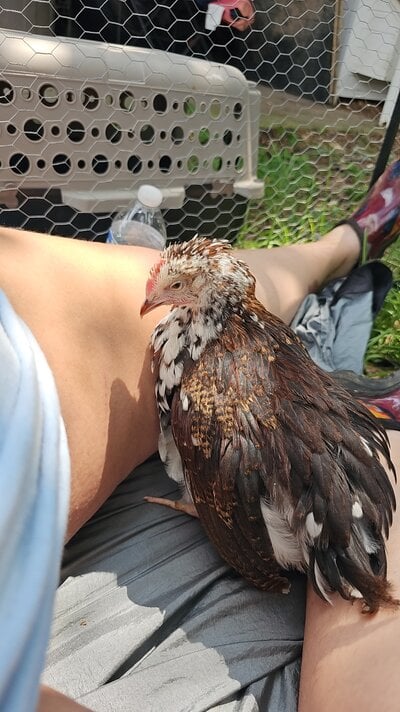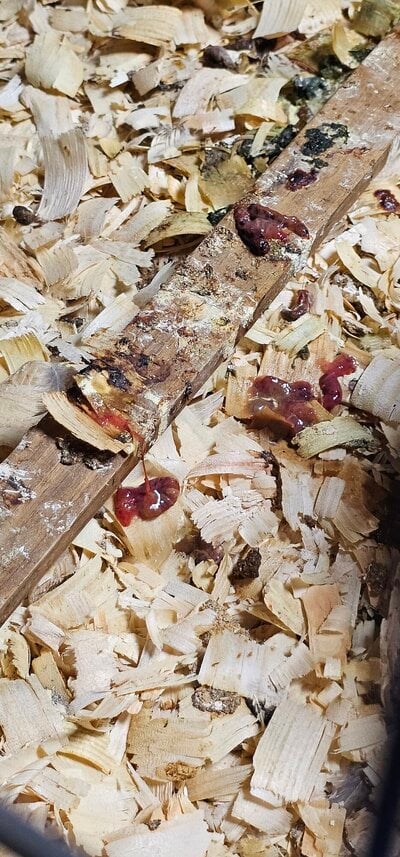Kaittrahan
Chirping
- Apr 3, 2023
- 87
- 70
- 96
Needing advice on my young Speckled Sussex. About a week and a half ago I noticed he and another chick were acting sickly. Still eating and drinking but very slow moving, droopy eyes and very sleepy. Put electrolytes and probiotics in the water and put terramycin in the eyes. Other chick made full recovery after a few days but this one got worse.
A week ago he had the full on puffy cocci stance and potentially blood in poop?( But i think intestinal lining and not blood), but to be safe I switched to corrid in the water and we are on day 7 of corrid and while he isn't in the puffy stance anymore... he's still not holding wings up, and walking more stumble-y, and comb is very pale. Eating and drinking and alert as normal though. He is choosing to lay against the heater a lot when he's not eating/drinking.
Say all this to say, could it be something different then cocci? Should I continue corrid or do something differently? He's my favorite little dude so i want to make sure im doing all I can for him
First 2 pics are from now, other 2 pics from a week ago when I started corrid.
A week ago he had the full on puffy cocci stance and potentially blood in poop?( But i think intestinal lining and not blood), but to be safe I switched to corrid in the water and we are on day 7 of corrid and while he isn't in the puffy stance anymore... he's still not holding wings up, and walking more stumble-y, and comb is very pale. Eating and drinking and alert as normal though. He is choosing to lay against the heater a lot when he's not eating/drinking.
Say all this to say, could it be something different then cocci? Should I continue corrid or do something differently? He's my favorite little dude so i want to make sure im doing all I can for him
First 2 pics are from now, other 2 pics from a week ago when I started corrid.







